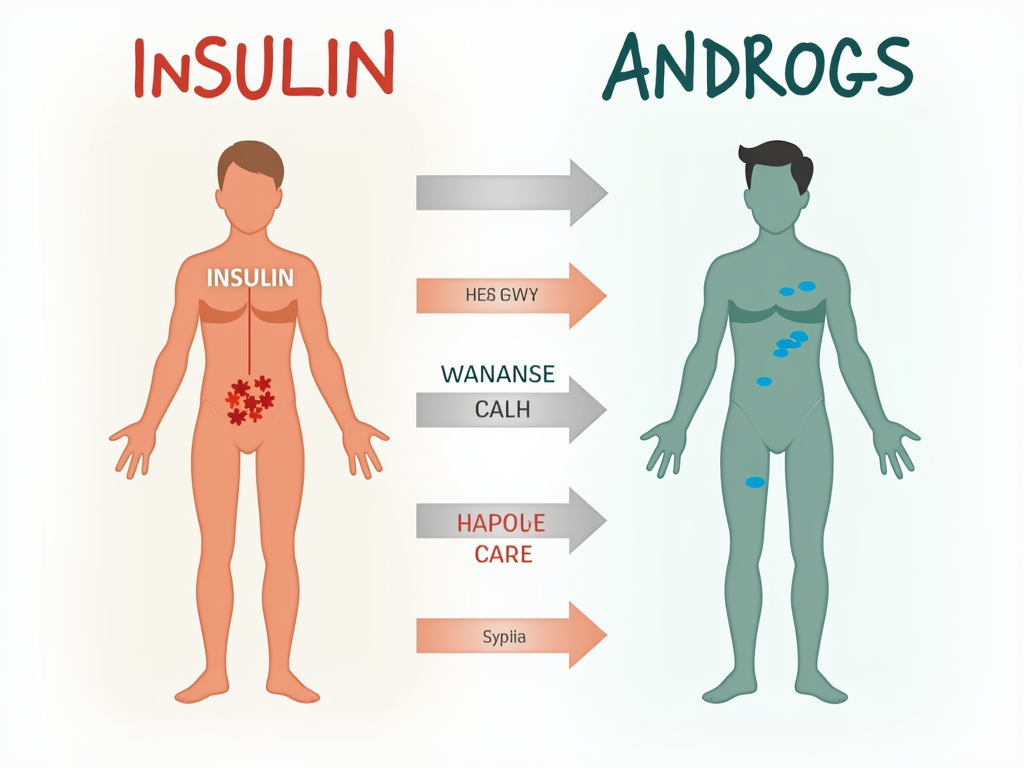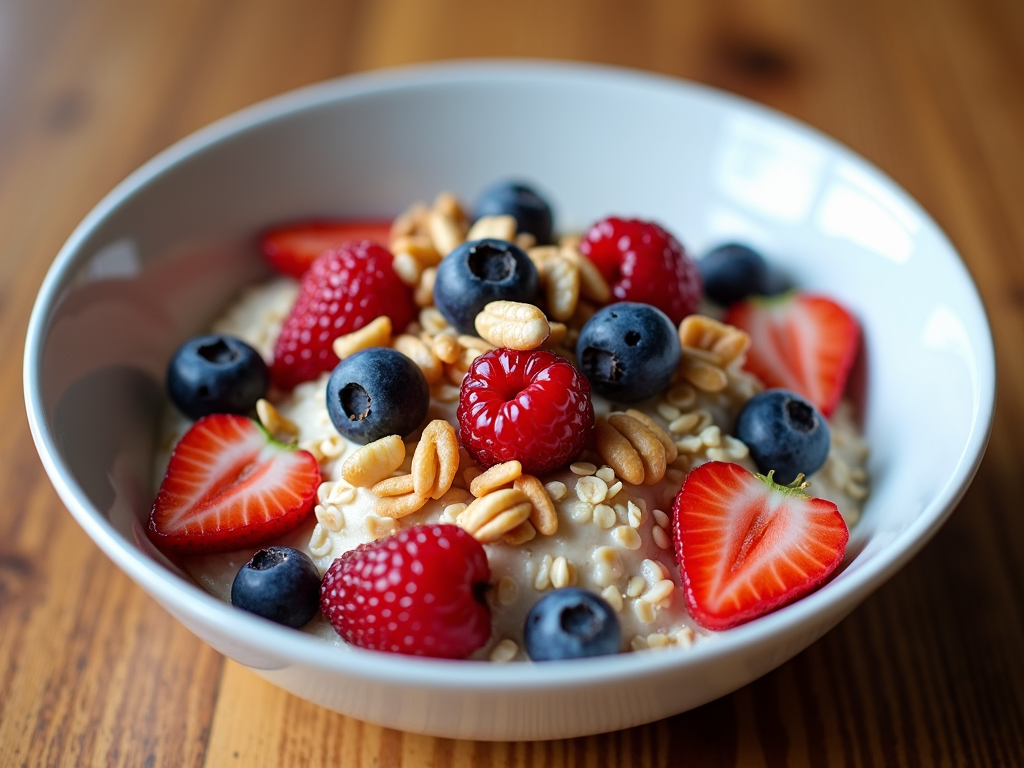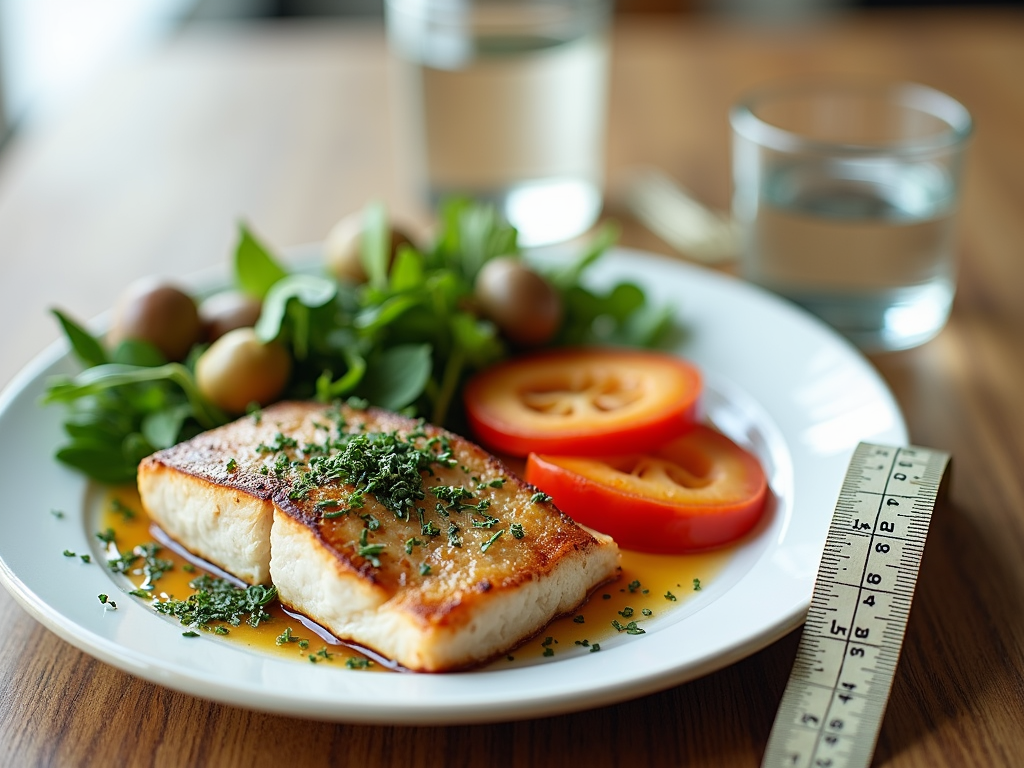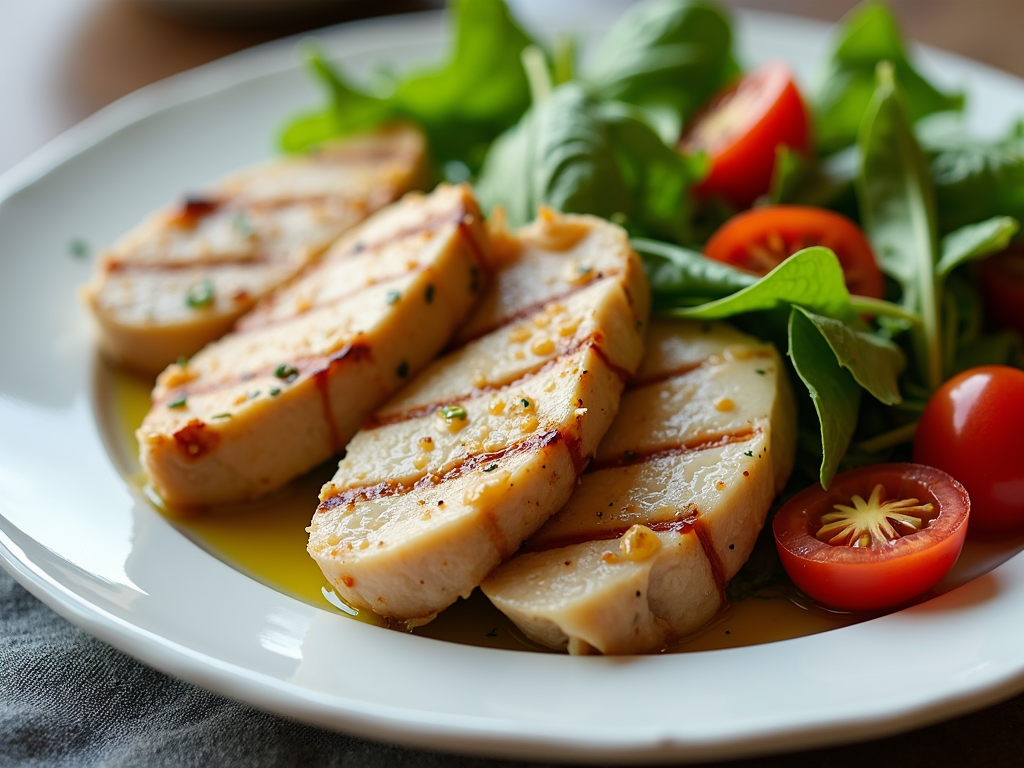How Diet Can Ease PCOS Symptoms
March 27, 2025, 11:59 a.m.
Overview: Polycystic Ovary Syndrome (PCOS) affects millions of women, causing irregular periods, weight gain, and infertility. This article explains how diet can ease PCOS symptoms, offering practical tips and personal insights to help you take control of your health naturally.
What Is PCOS and Why Does It Matter?
PCOS is a hormonal disorder that throws your body out of balance. It can lead to missed periods, unwanted hair growth, acne, and even trouble getting pregnant. I remember feeling overwhelmed when I first learned about my PCOS—it’s a lot to take in. But understanding how it works is the first step to managing it.
How Hormones Play a Role
Hormones are like messengers in your body, and with PCOS, they get mixed up. Insulin resistance is a big issue for many of us, making it harder to process sugar. High androgen levels can also cause those pesky symptoms like hair growth and acne. Check out Understanding Hormones: A Beginner’s Guide to PCOS for a deeper dive into this.

Why Diet Matters for PCOS
Here’s the good news: what you eat can make a huge difference. A smart diet can help balance your hormones, lower inflammation, and improve insulin sensitivity. It’s not a cure, but it’s a powerful way to feel better. I’ve seen it work wonders in my own life.
Foods That Help Ease PCOS Symptoms
Let’s talk about what to put on your plate. These foods can support your body and tackle PCOS head-on:
- Whole Grains: Think oats, quinoa, or brown rice. They’re full of fiber, which keeps blood sugar steady.
- Lean Proteins: Chicken, fish, or beans give you energy without the extra fat.
- Healthy Fats: Avocados, nuts, and olive oil fight inflammation and help hormones.
- Fruits and Veggies: Load up on berries, spinach, and broccoli for antioxidants and vitamins.

Foods to Skip for Better PCOS Management
Some foods can make PCOS worse, so try to avoid these:
- Sugary Stuff: White bread, sodas, and candy spike your blood sugar fast.
- Processed Junk: Chips, fast food, and packaged snacks are full of bad fats and additives.
- Dairy: Milk and cheese might increase hormone issues for some women. I noticed less acne after cutting dairy out myself.
My Story: How Diet Changed My PCOS Journey
When I got diagnosed with PCOS, I felt stuck. My periods were all over the place, and my skin wouldn’t clear up. Then I started eating more whole foods—less sugar, more veggies. Within months, my cycles got more regular, and I had more energy. It wasn’t overnight, but it was worth it.

Practical Diet Tips for PCOS
Here are some easy strategies to make your diet work for you:
- Eat on Schedule: Regular meals keep your blood sugar from crashing.
- Watch Portions: Smaller plates can help with weight control.
- Drink Water: Staying hydrated keeps everything running smoothly.
I started carrying a water bottle everywhere—it’s a small change that adds up.
PCOS and Weight: What’s the Connection?
Weight gain is a common struggle with PCOS, thanks to insulin resistance. Losing even a little weight can help—studies say 5-10% can improve symptoms. Diet is key here, but don’t stress about perfection. Small steps lead to big wins.

Female Infertility and PCOS: Can Diet Help?
PCOS is a top cause of female infertility. It messes with ovulation, making it tough to conceive. I’ve talked to friends who faced this, and it’s heartbreaking. But a good diet can boost fertility by balancing hormones and supporting regular cycles. It’s not a guarantee, but it’s a solid start.
Sample Meal Plan for a PCOS-Friendly Day
Here’s a simple day of eating:
| Meal | Food Choices |
|---|---|
| Breakfast | Oatmeal with berries and almonds |
| Lunch | Grilled chicken salad with olive oil |
| Snack | Apple slices with peanut butter |
| Dinner | Baked salmon, quinoa, and broccoli |
This keeps things balanced and tasty!

The Emotional Side of PCOS and Diet
PCOS isn’t just physical—it’s emotional too. I’ve had days where I felt defeated by the scale or a breakout. Eating well helped me feel in control again. It’s not just about food; it’s about caring for yourself.
How Long Does It Take to See Results?
Everyone’s different, but I noticed changes in about three months. Periods got more predictable, and my skin looked better. Stick with it—your body needs time to adjust. Talk to a doctor or nutritionist if you’re unsure where to start.

Summary
PCOS can feel like a battle, but diet is a weapon you can wield. By eating whole foods, skipping sugar and dairy, and staying consistent, you can ease symptoms like irregular periods and infertility. It’s about finding what works for you—start small, and keep going.